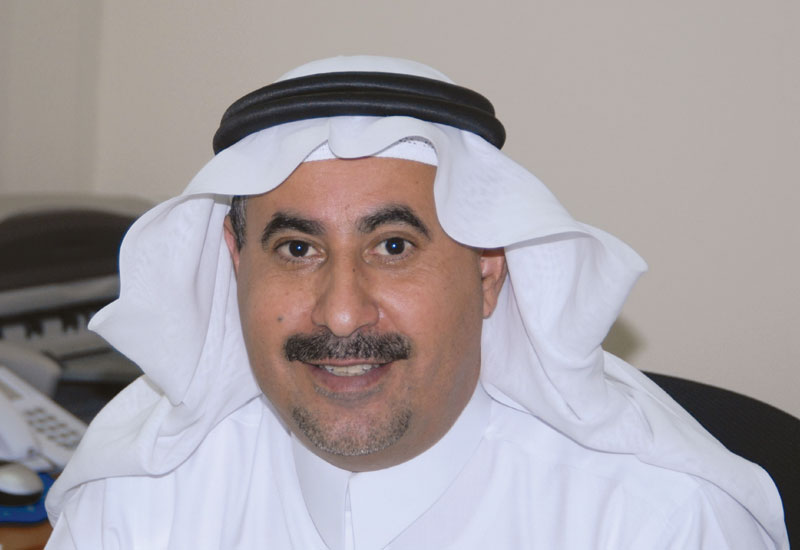Hot on the heels of the inaugural Great GM Debate in Dubai, Hotelier Middle East is gearing up to host its first conference in Saudi Arabia
Hotelier Middle East is set to hold its first conference in the Kingdom of Saudi Arabia on December 12. The event follows Hotelier’s inaugural conference, The Great GM Debate, held in Dubai on September 29, which attracted close to 200 general managers and industry partners. So great was demand for the event — the first of its kind designed specifically for hotel general managers — that Hotelier decided to roll out the concept across the region, with Marriott Riyadh selected as the venue for the first event in KSA.
Saudi Arabia suffers from a shortage of hotel units, and is developing its hospitality sector to meet growing demand for domestic, intra-regional and religious tourism. The Saudi Government Commission for Tourism and Antiquities’ (SCTA) long-term vision for the country’s hospitality sector estimates visitor numbers will nearly double from 47 million in 2008 to 88 million by 2020, while the number of hotel rooms would rise from 117,097 to 254,310, and apartment units would increase from 101,544 to 185,853.
To support this, there is significant investment being undertaken in tourism infrastructure, including airport expansions, high-speed rail lines and public-private partnerships, whilst visa procedures have been eased for non-religious and business visitors.
Underlining the potential for tourism development in Saudi Arabia, is that the economy has not slowed, despite the global downturn. The 2010 government budget is the biggest ever, and tourism is looming large on the national agenda. There is little doubt that the Kingdom’s hospitality industry has moved into unchartered territory.

Advertisement
As a result, many international chains are looking to expand their presence in the region, such as InterContinental Hotels Group, Marriott, Rezidor and Hilton, while home-grown companies like Rotana and Hospitality Management Holdings, not to mention new brands Shaza and budget brand Premier Inn, have also identified the Kingdom as a place for growth.
For general managers already operating hotels in Saudi Arabia, and hoteliers looking to take up roles in the market as their company expands there, the opportunity is there for them to make their mark, but at the same time, with great growth comes many challenges. General managers need to understand this unique market and examine every part of their operation, searching for ways to improve margins, maximise revenues and raise standards.
The KSA GM Debate will provide a forum for them to do just that via five interactive panel sessions, covering everything from working with government and Saudisation to F&B outlets and revenue management strategies, along with several networking opportunities.
Government support
The event has the support of SCTA, with Eng. Ahmed Al-Eissa, director general of licensing and quality at SCTA, welcoming guests with the keynote address and joining the Working with Government panel session, along with hoteliers Amine Moukarzel, SVP MENA, Golden Tulip; Bani Haddad, vice president development, Wyndham Hotels; Makram El Zyr, vice president, development, Rotana; and Hussein Hatata, vice president hotels division, Al Khozama Management Company (AKMC).
Speaking to Hotelier ahead of the Debate, Al-Eissa said SCTA had already been working to further its support of hoteliers in the Kingdom.
“SCTA is supporting the sector by improving the quality through the new classification criteria and re-classifications — professional and global operators appreciate the fact that the accommodation sector landscape improved in terms of the profile of operators — and at the same time, the outlining of notorious mal-practitioners,” said Al-Eissa.
“The Provincial Tourist Officers (PTO) inspectors, representing a permanent source of information flow and follow up, guide the operators and investors with the newest information and regulations.”









 Search our database of more than 2,700 industry companies
Search our database of more than 2,700 industry companies









